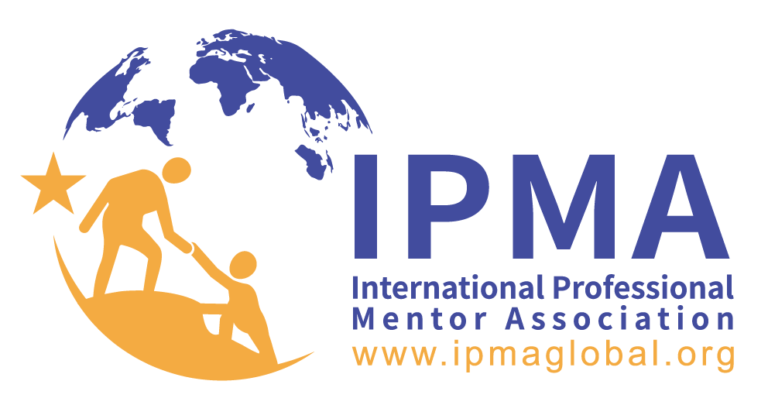9 Core Competences
Professional Mentoring Standards
Mentoring is an art that requires not just knowledge, but a deep understanding of human potential and growth.
The Professional Mentoring Standards provide a roadmap for mentors, outlining the key attributes that define effective mentoring practices. Central to these standards are the 9 core competences, which serve as the foundation for building a strong and impactful mentoring relationship.
Each competency represents a layer of expertise that mentors must cultivate to truly empower themselves. By embracing these competencies, mentors can create an environment that fosters personal and professional growth, resilience, and a lifelong love for green learning.
As we explore these core competencies in depth, we’ll uncover the essence of what it means to be a truly exceptional mentor.
9 Core Competences for Professional Mentoring


Understand self
1.1 Understand both mentor, mentee and their respective system
1.2 Be aware of the need and commitment for own personal development
1.3 Be a role model and behave accordingly
Create the framework for mentoring
2.1 Determine the need of organization/Individual and establish the process as a project management
2.2 Create clear agreement and measure the success
2.3 Support the organization/Individual do the right things first then do the things right
Establish and nurture the alliance
3.1 Install an adult-to-adult relationship that promotes interdependency and freedom
3.2 Encourage an ego-free relationship based on mutual respect, understanding and kindness, ability to install reverse mentoring
3.3 Install a climate of trust: ability to provide mutual constructive feedback and willingness to grow together
Identify & active resources
4.1 Resource awareness, Evaluation and Selection
4.2 Resource Acquisition & Mobilization
4.3 Resource Activation and Coordination
Embrace technologies & tools
5.1 Be curious for new technologies & tools that can facilitate the mentoring process.
5.2 Facilitate knowledge exchange between different generations of professionals
5.3 Encourage synergy between AI and Knowledge for enhanced mentoring outcomes.
Transmit knowledge
6.1 Identify Tacit Knowledge Sources
6.2 Create knowledge sharing environments
6.3 Acquire, capture and transfer tacit knowledge
Advise, communicate & promote
7.1 Get trained and encourage training to different stakeholders
7.2 Communicate appropriately and promote mentoring culture
7.3 Be able to create buy-in for mentoring and advise how to sustain mentoring activities
Evaluation
8.1 Be able to self-evaluate with kindness and reflect
8.2 Self-reflection for enhancement
8.3 Implement supervision at each stage of the mentoring process
Being able to think in a wider perspective
9.1 Guide mentees in leveraging organizational knowledge for informed decision-making
9.2 Apply cultural nuances in knowledge sharing and mentoring practices
9.3 Identify and categorize key knowledge assets to broaden organizational context establish the process as a project management

